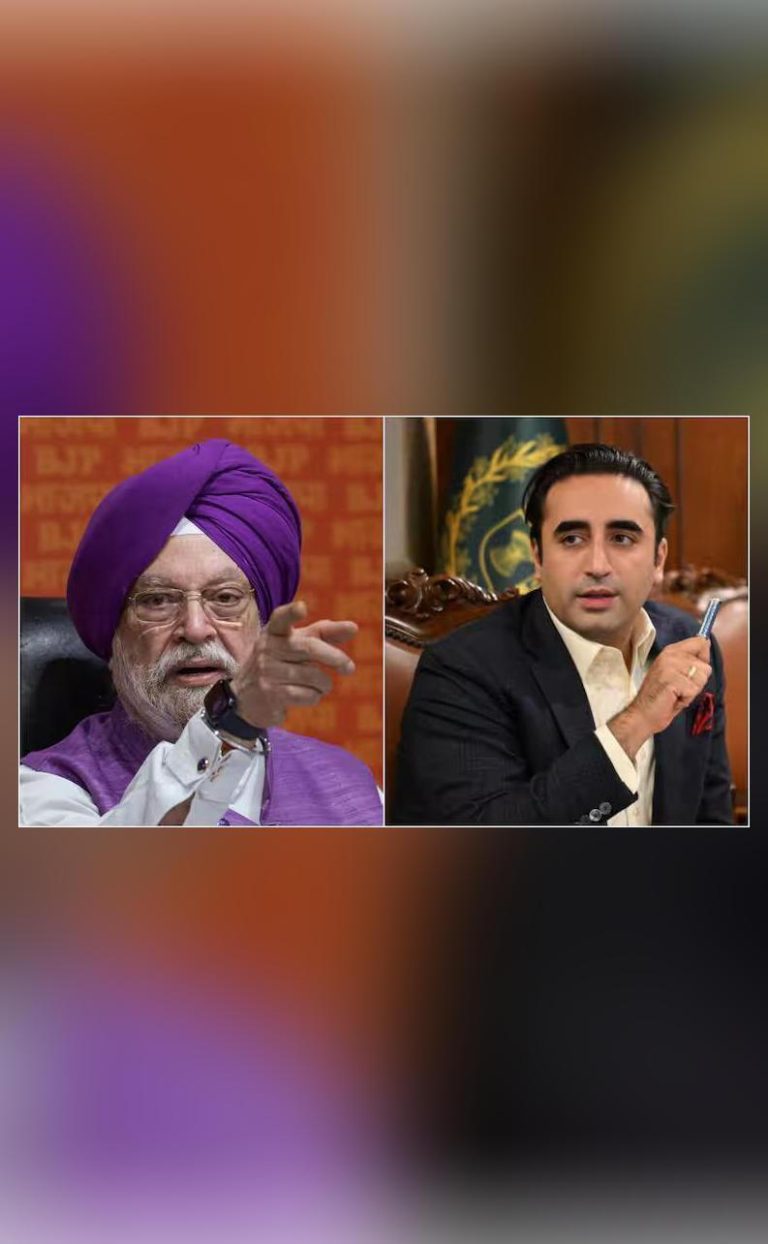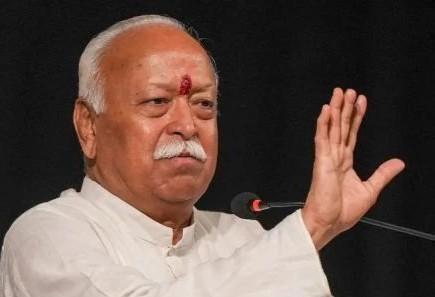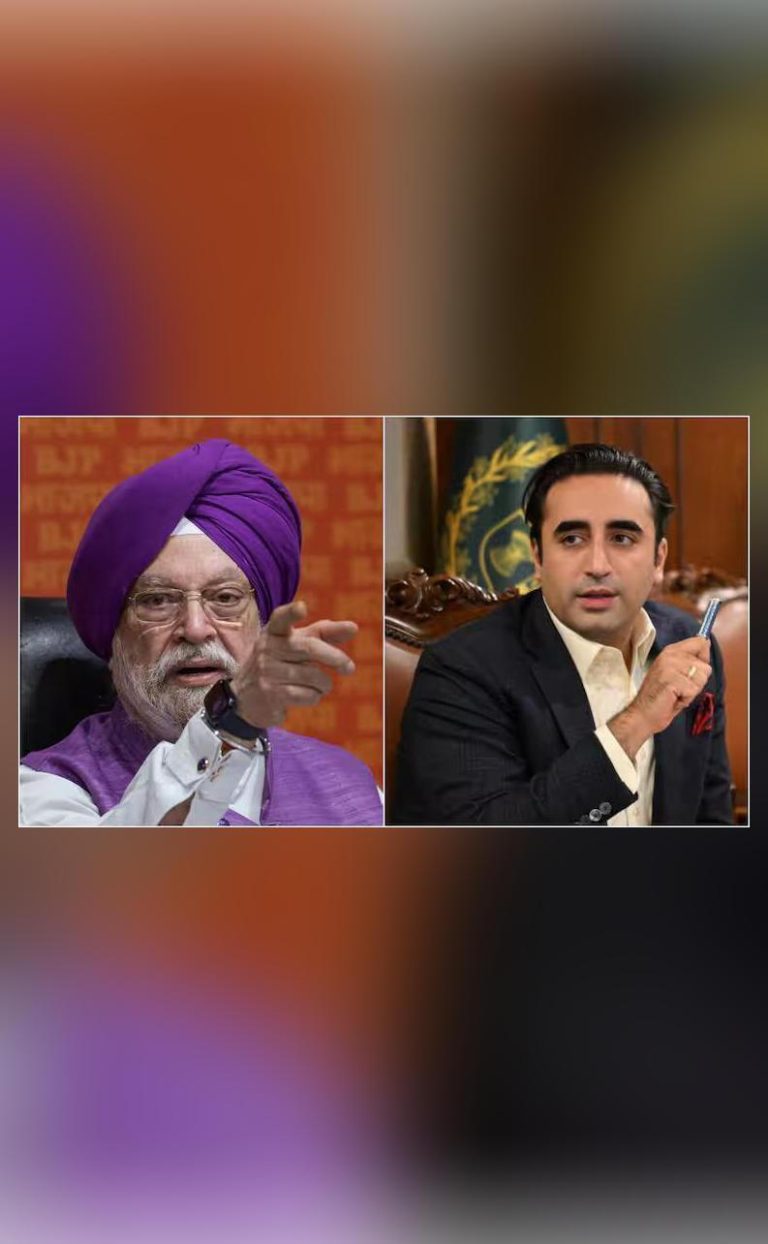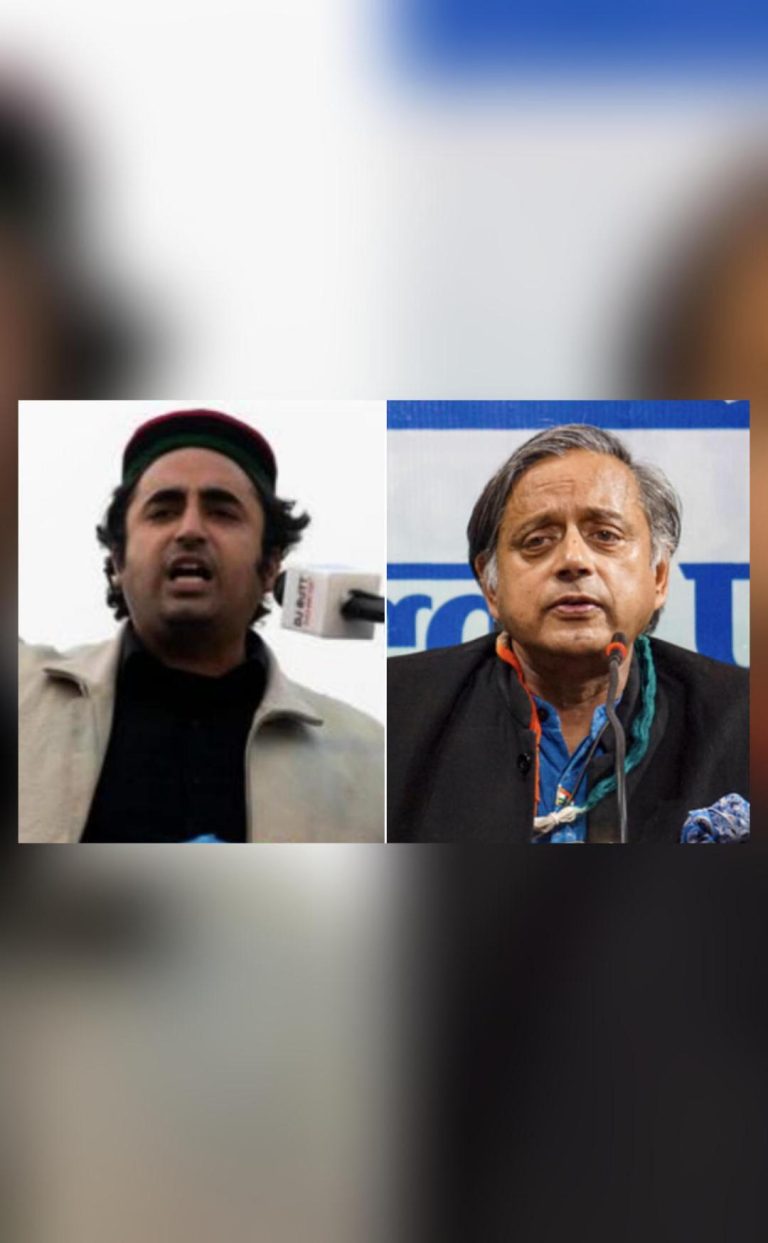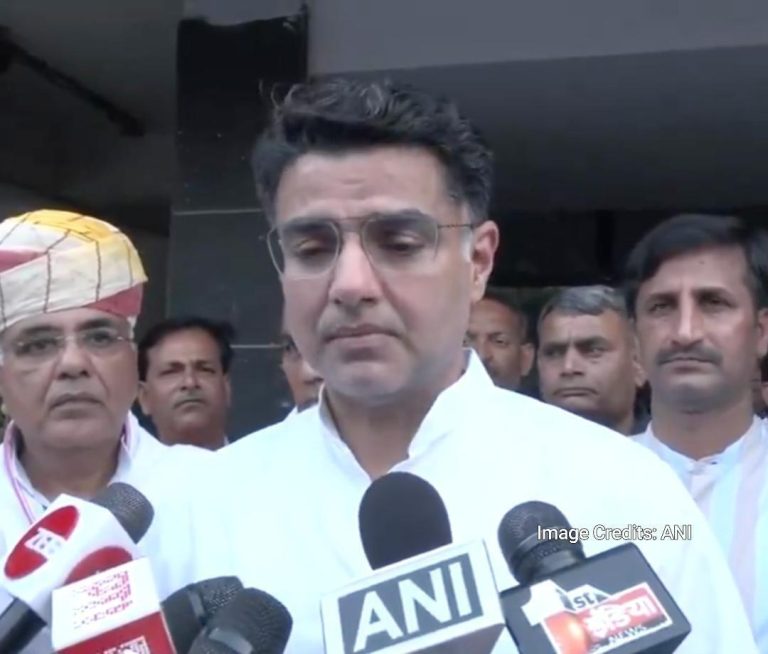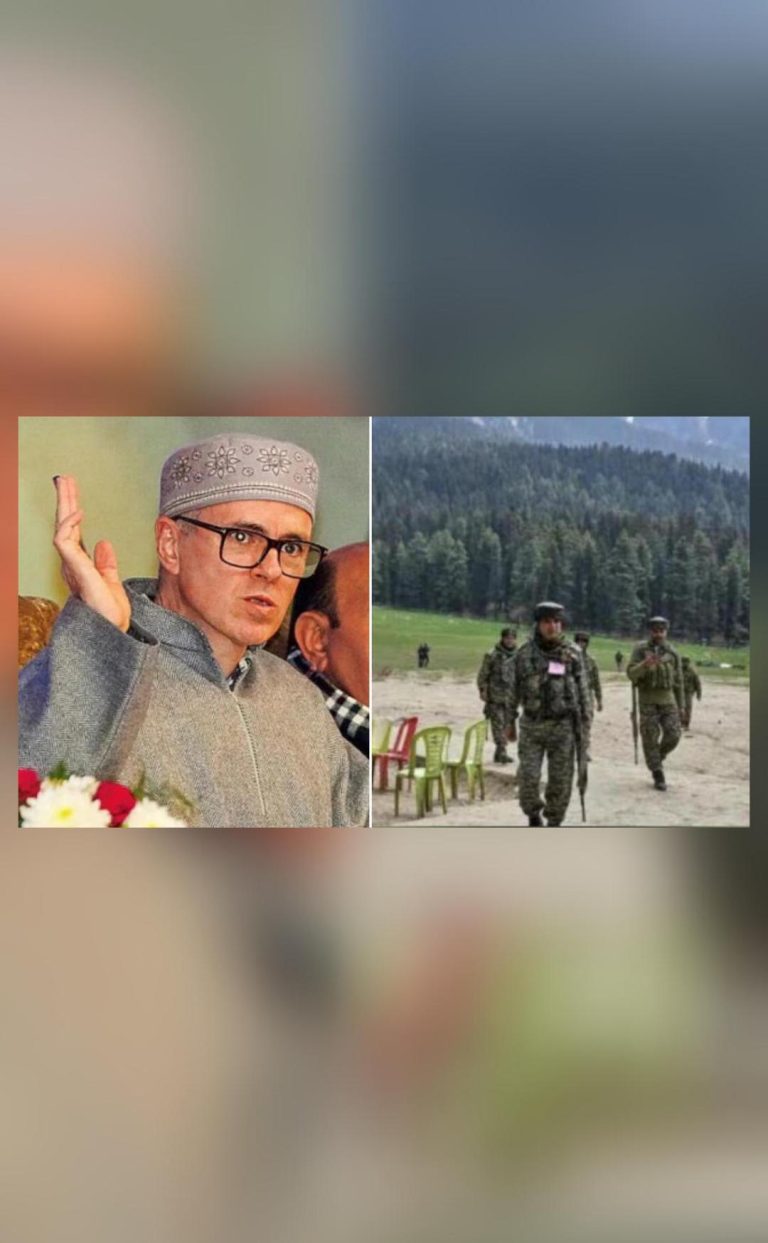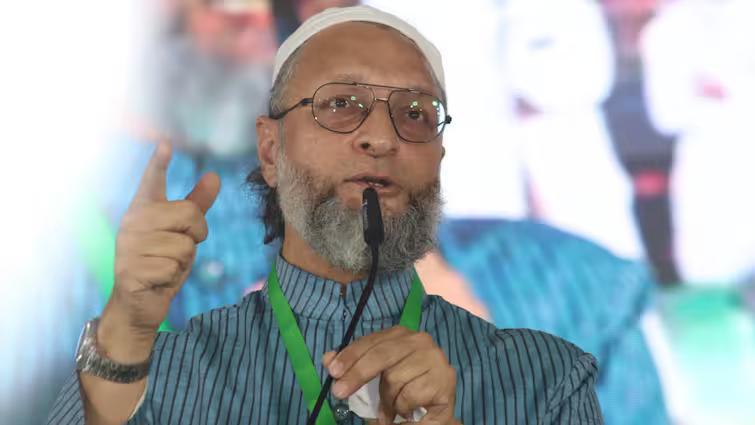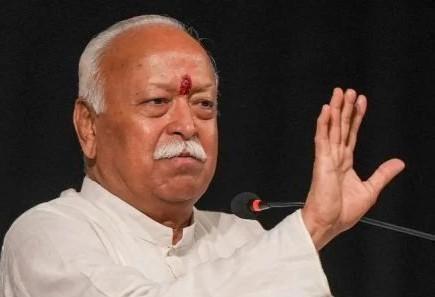
Title: If someone turns to evil then we’ll teach lesson: Bhagwat on J&K attack
The recent terror attack in Pahalgam, Jammu and Kashmir, has sent shockwaves across the nation, leaving many innocent lives lost and countless others injured. In the aftermath of this heinous act, RSS chief Mohan Bhagwat has spoken out on the incident, highlighting the importance of non-violence as India’s religion, while also emphasizing the need to teach a lesson to those who perpetrate such acts of violence.
In a statement that has sparked both controversy and debate, Bhagwat said, “We never harm or disrespect our neighbours, but if someone is bent on being evil, what is the cure? The king’s duty is to protect the people, and he will do his duty.” (1)
At its core, Bhagwat’s statement is a nuanced reflection of the complex nature of violence and its causes. On one hand, he acknowledges the importance of non-violence as a fundamental aspect of Indian culture and society. This is a sentiment that is deeply rooted in Hinduism and other Indian philosophies, which emphasize the importance of ahimsa or non-violence towards all living beings.
However, Bhagwat’s statement also acknowledges that there are times when violence or force may be necessary to protect the innocent and uphold justice. This is a sentiment that is echoed in the concept of dharma, which is the moral law that governs human behavior in Hinduism. According to this concept, the state has a duty to protect its citizens and maintain law and order, even if this requires the use of force in certain circumstances.
Bhagwat’s statement is also significant because it highlights the need for a nuanced and balanced approach to dealing with terrorism and violence. While it is important to condemn and reject such acts in the strongest possible terms, it is also important to recognize that the root causes of terrorism and violence must be addressed in order to prevent them from happening in the first place.
In this context, Bhagwat’s emphasis on teaching a lesson to those who perpetrate such acts is significant. This is not a call for vengeance or retaliation, but rather a recognition that those who engage in violence must be held accountable for their actions. This can be achieved through a combination of punishment, rehabilitation, and reintegration into society.
Moreover, Bhagwat’s statement is also significant because it highlights the importance of strong leadership in times of crisis. The king, or in this case, the government, has a duty to protect its citizens and maintain law and order. This requires strong and decisive leadership, as well as a willingness to take tough decisions to ensure the safety and security of the people.
In conclusion, Bhagwat’s statement on the Jammu and Kashmir attack is a nuanced reflection of the complex nature of violence and its causes. While it acknowledges the importance of non-violence as a fundamental aspect of Indian culture and society, it also recognizes that there are times when violence or force may be necessary to protect the innocent and uphold justice. Ultimately, Bhagwat’s statement highlights the need for a balanced and nuanced approach to dealing with terrorism and violence, as well as the importance of strong leadership in times of crisis.
Source:
https://youtu.be/SpAKVWl5wII
Note: The news source provided is a YouTube video link that contains the official statement of RSS chief Mohan Bhagwat on the Jammu and Kashmir attack.
